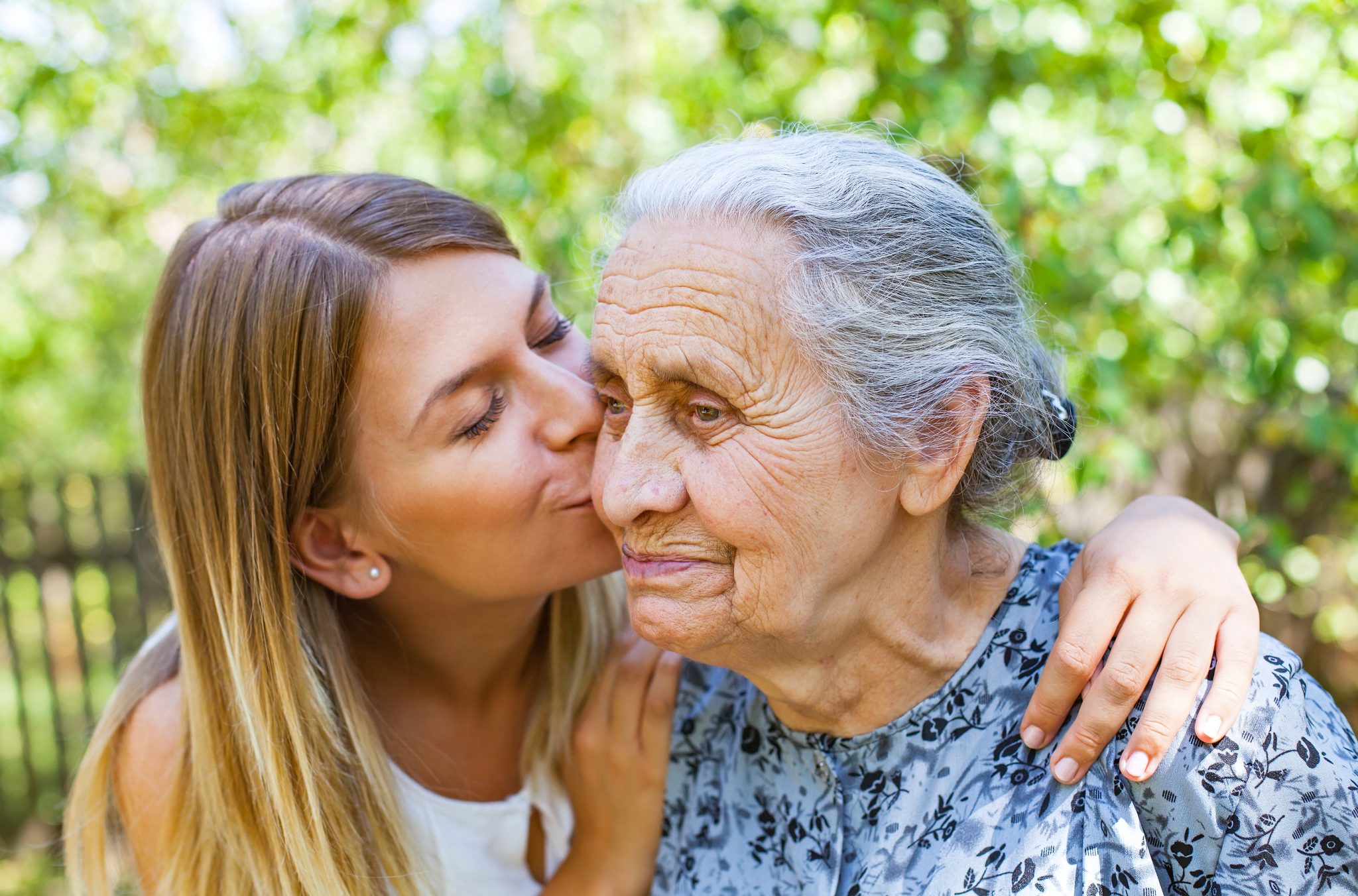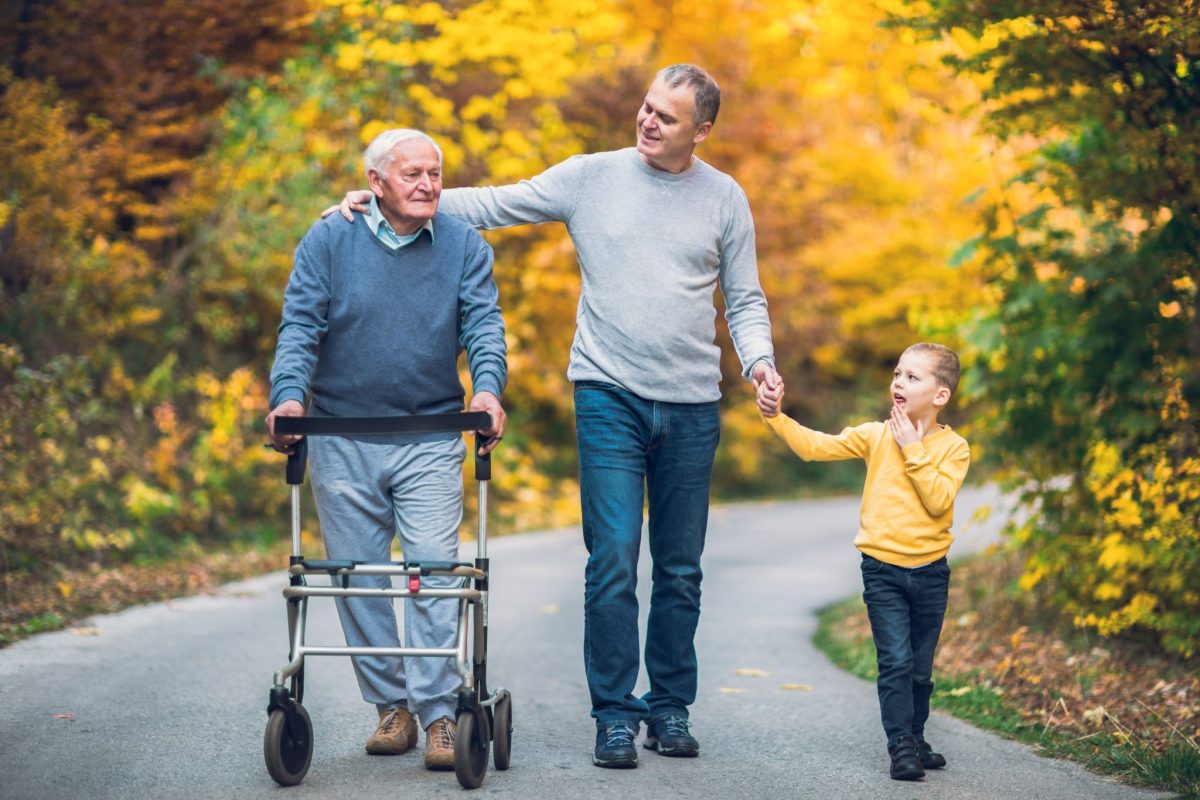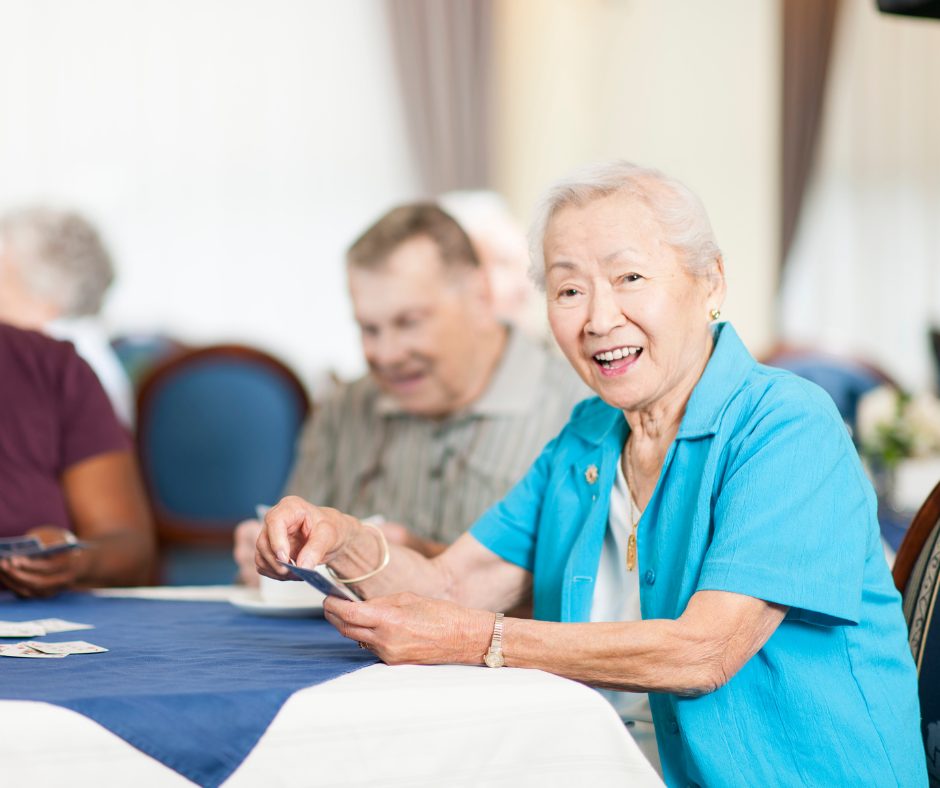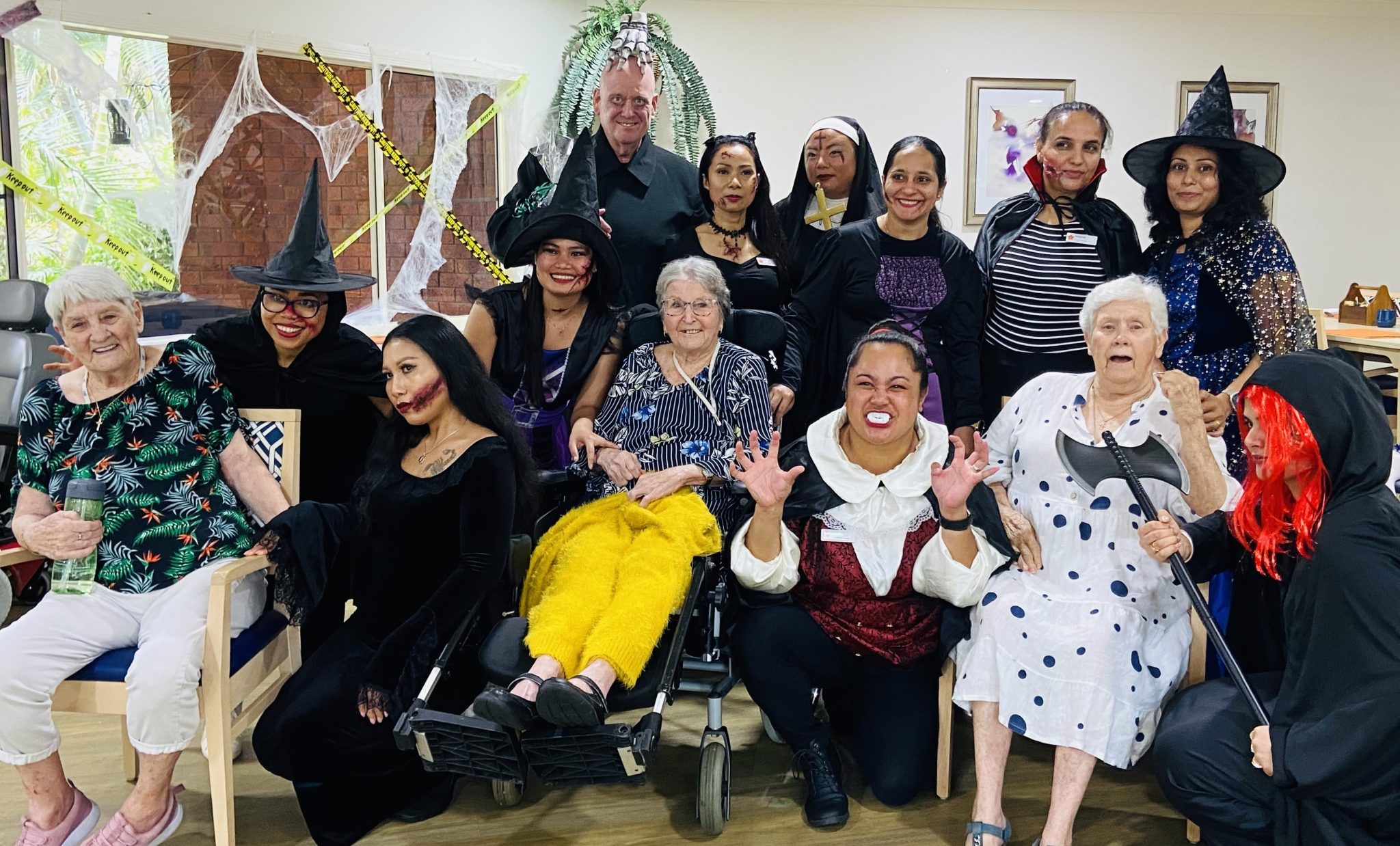As the sun goes down each day, a phenomenon known as ‘sundowning’ can unfold, casting shadows on the lives of many people suffering from dementia, and their caregivers. It’s a common issue to deal with, but it can be confusing to deal with if you’re new to dementia care, or if you’re unaware of the sundowning phenomenon. In this article, we’ll explain why people with dementia can seem to get worse in the late afternoon, and what safety measures for dementia patients can be taken in order to keep them safe.
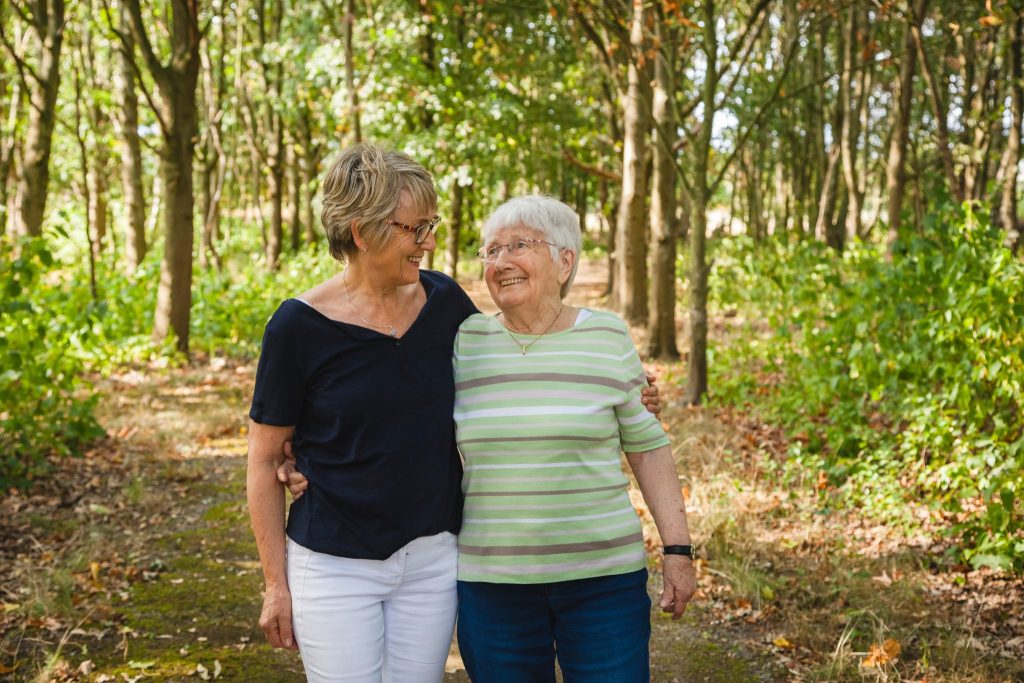
What is sundowning?
Sundowning is a term used to describe a cluster of dementia symptoms that tend to worsen in the late afternoon and evening. Sundowning can impact people’s mood, behaviour, and overall cognitive function. Dementia Australia says people can become:
- demanding
- restless
- upset
- suspicious
- disoriented.
They may also see, hear or believe things that aren’t real, and their attention span and ability to concentrate may be reduced. They can also become more impulsive and place themselves at risk.
This behaviour can create a challenging scenario for both the person themselves, and their carers and loved ones.
Why does sundowning happen?
The exact cause of sundowning is not fully understood, but Dementia Australia says several factors may contribute to its occurrence, including
- Sleep disruptions. People living with dementia get tired easily and can become more restless and their behaviour may change when tired.
- Lack of sensory stimulation after dark. Dim lights and an absence of daytime noises can make it harder for the person to know where they are.
- Restlessness. Discomfort due to hunger, pain or a need to use the toilet can also be a factor.
People with more progressed dementia may become frantic to establish a sense of comfort or familiarity – talking about going home, or wanting their mother.
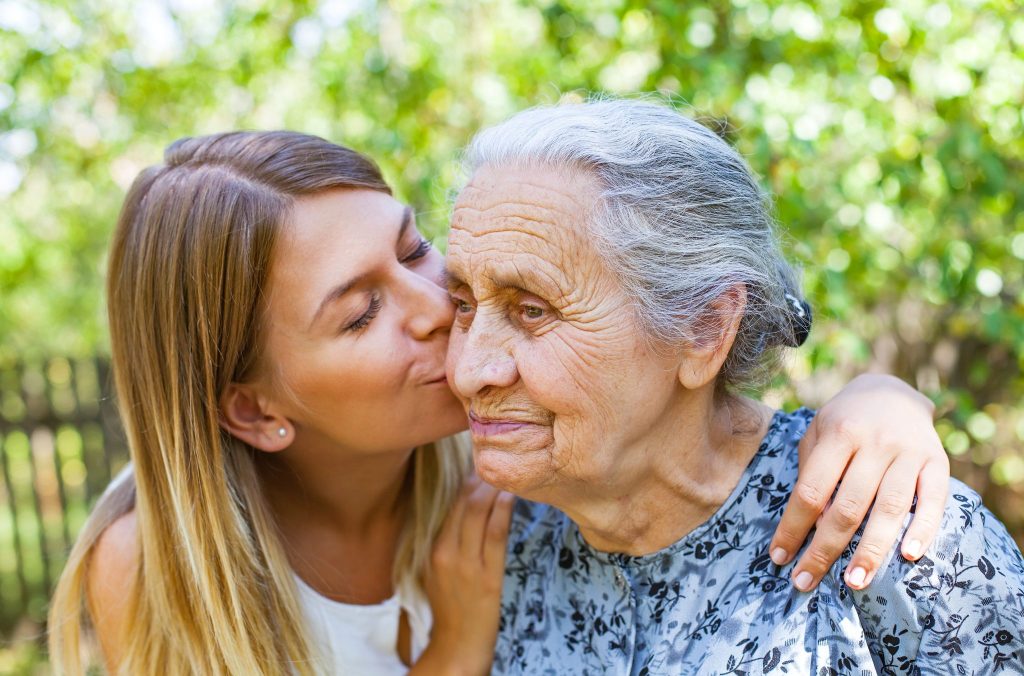
What are some early signs of sundowning?
Recognising the early signs of sundowning can help carers to be proactive in taking safety measures for dementia patients. Some early signs of dementia include:
- increased restlessness
- mood swings
- confusion
- heightened sensitivity to environmental stimuli
- changes in communication patterns
- frustration or aggression.
If these symptoms become worse in the late afternoon or early evening, they may be signs of sundowning.
Do all people with dementia experience sundowning?
Sundowning is not a universal experience for all people with dementia. While it is more prevalent in some cases, others never experience these exacerbated symptoms late in the day.
How do I care for someone experiencing sundowning symptoms?
The first thing to do is always to talk to your loved one’s doctor about how to best care for them and manage their symptoms. They may consider a change in medication or care options, and work with you to ensure the situation is manageable. Symptoms can sometimes be relieved by simply changing the dose or time a medication is given.
Caring for a loved one experiencing sundowning symptoms requires a compassionate and understanding approach. Some practical strategies suggested by Dementia Australia include:
- Assess the person’s environment and increase their exposure to natural light throughout the day if possible.
- If you think fatigue may be a factor, scheduling a regular rest after lunch could help.
- Practise regular early evening activities, if they haven’t been followed lately, such as closing the curtains, helping prepare dinner, or setting the table.
- Create a safe space for your loved one to pace if it helps. A walk outside may also help.
- Offer activities and items that can provide a sense of comfort, such as a favourite activity, pets or a soft toy, favourite songs, or a drink of warm milk.
- Consider bright and noisy televisions shows could be adding to confusion or agitation.
- If bathing is stressful at this time, move them to earlier in the day. But if they are soothing, try them in the evening to get ready for bed.
- Offer a soft nightlight or radio playing to help with sleep.
- Try reducing sugar and caffeine after lunch.
- Take care of yourself. Make sure you get plenty of rest and seek help if needed. Short-Term Care can give you a much-needed break if needed.
(These tips are based on ‘Care of Alzheimer’s Patients by Lisa Gwyther.)
TriCare also offers specialised and secure memory support care – also known as Dementia Care – offering a high level of support with day-to-day tasks for seniors who have been diagnosed with dementia or other cognitive impairments.
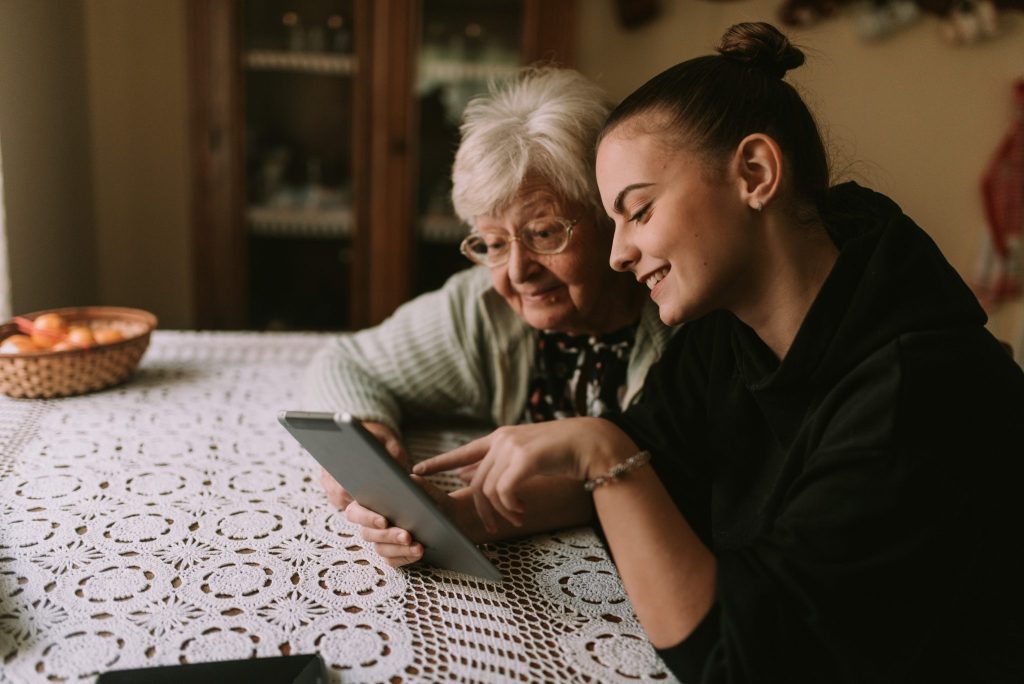
Specialised residential Dementia Care
TriCare aims to provide specialised Aged Care that supports our residents with high care needs to lead an active, independent life when possible while ensuring they are always safe and secure. Our person-centred approach means that our residents are seen as individuals, each with their own interests, needs, and challenges.
All of TriCare’s Aged Care Residences offer dementia and specialised care, ensuring your loved one experiences superior clinical and social care in an environment that promotes familiarity, comfort, and independence.
In most cases, people with dementia or cognitive impairments are not required to live in a secure area. But some of our locations offer Secure Memory Support Units for residents who wander, become confused or agitated, or experience challenging behaviours due to a cognitive condition. Our Secure Memory Support Units allow residents to move freely and access lounges, dining areas and gardens as they please. These areas are fully secured to provide continued freedom and comfort for our residents.
Residents receive the same care and inclusions as our ongoing care residents, plus additional memory support.
Where to get help
Providing dementia care can be demanding, but you don’t have to do it alone. You can also:
- Talk to your loved one’s doctor about support and medication options.
- Call the National Dementia Helpline on 1800 100 500 to learn about support services and education programs, including carer support groups, counselling, and services and programs to assist you to understand and respond to changes and maintain your health and wellbeing.
- Call the Dementia Behaviour Management Advisory Service on 1800 699 799. They support people living with dementia who experience changes in behaviour that impact their care or the carer.
- Call TriCare on 1300 874 2273 to talk to an Aged Care Specialist about our Short-Term Care and Residential Aged Care options with specialised Dementia Care.

